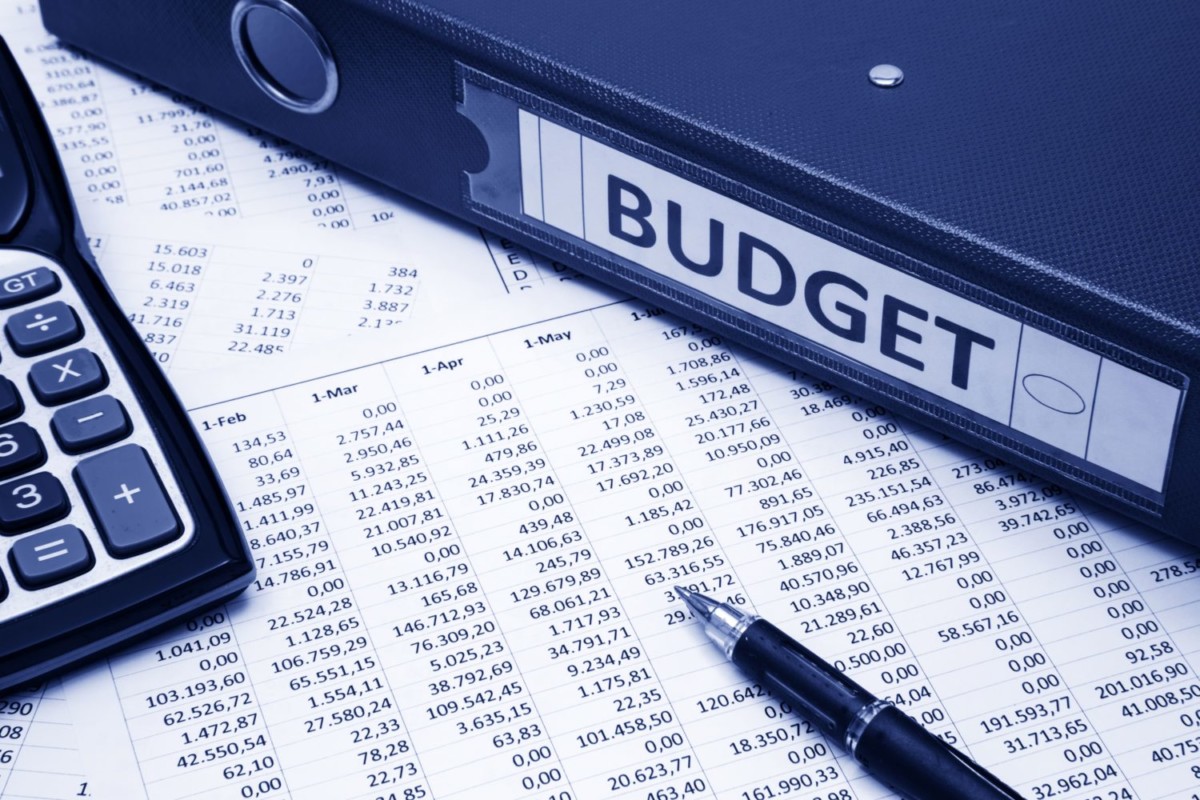A lot goes into deciding on a home to purchase. The neighborhood, school zones, square footage, commuting time, the number of bedrooms/bathrooms are all important things to consider. However, the first crucial decision to make is your budget. It’s far too easy to get caught up in the emotions of a home purchase and lose sight of the facts. Knowing your budget will help you stay on track and avoid making any emotional decisions that will come back to haunt you later. With that in mind, here’s a simple process to determine your budget for what will likely be the biggest purchase of your life.
Know Your Lender’s Ratios
A key thing to remember is that you’re not necessarily limited by the price of a home, but by the mortgage payment you can afford to take on. When getting preapproved for a mortgage you might be pleasantly surprised to see how much you qualify for. But don’t let this fool you. Banks are still businesses and their goal is always to maximize profits. This is why they’ll give you the highest loan amount they can because the more you borrow the more interest they make. The first step in determining what you can afford is to know your lender’s ratios.
Every lender has a formula for determining your preapproved amount. While this can vary based on the lender, your credit score, and other factors, most use the following formula. Your mortgage repayment is first determined by comparing your mortgage payment to your gross (before-tax) income. The general rule is that your mortgage payment should not exceed 28% of your gross monthly income. For instance, if you have a gross total income of $100,000 per year, your monthly mortgage payments should not exceed $2,300.
Lenders will next look at your debt-to-income ratio (DTI). Most lenders will want to see a DTI of no more than 36% (though some will go higher). This takes account of all your debts such as student loans, car payments, minimum credit card payments and, of course, your future mortgage payments. For example, if you have a gross income of $100,000, you shouldn’t be paying more than $3,000 a month on debt payments.
Calculate Your Monthly Home Expenses
Your lender’s ratios only tell a part of the story. You still have to take account of your home expenses as banks do not take this into account when determining your loan amount. Nor are they taking into account the new expenses that will come with owning your new home. These exact figures are difficult to accurately estimate but you can get a rough idea. Start by checking the last three months of your checking account and credit card. Separate these expenses into fixed and discretionary. Fixed expenses are things you pay every month with pretty consistent amounts. Discretionary is everything else. Determine an average for your fixed payments for the last three months. Divide up your discretionary expenses into categories such as food, gas, entertainment, transportation, etc. Determine an average for these over the last three months.
Analyze
Once you know your monthly expenses, add this to the amount you’re planning to spend on your mortgage. Now ask yourself the following question: is this affordable for you? You don’t want to find yourself in a situation where you’re spending most of your income on your mortgage and other housing expenses. Will this budget leave you feeling stressed every month? Will it affect your retirement plans? Do you still have enough left over to handle unexpected costs? Do you see your home expenses going up in the next few years? Be honest with yourself and make sure your mortgage will work with your budget. An Exclusive Buyer’s Agent can help you think through this process objectively.

